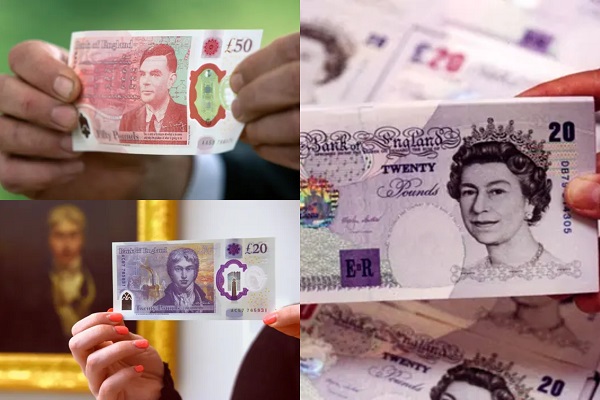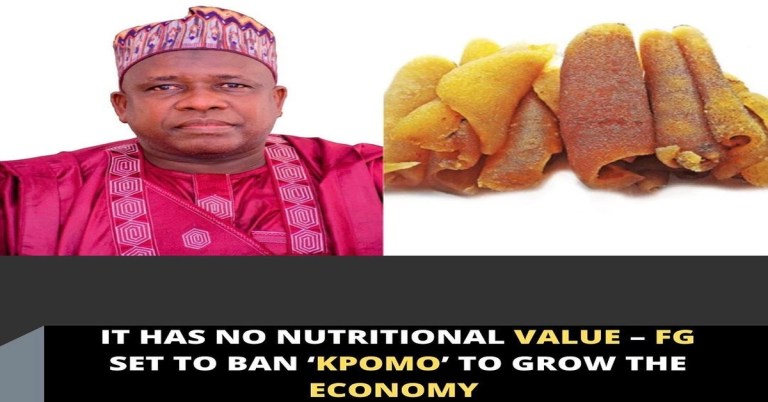People in UK race to exchange paper banknotes before deadline
Consumers are racing to exchange their old paper banknotes for new plastic versions, just over a fortnight before they cease to be legal tender at the end of September.
The Bank of England has warned people to expect long queues at its headquarters at Threadneedle Street in the City of London as they try to swap paper £20 and £50 notes.
It has reassured customers that there is no deadline for exchanging the notes. However, the fact that they will no longer be accepted in shops or by businesses has led to a rush to exchange them.
Customers have had to wait more than an hour in recent days, according to the Bank’s website, as a result of “very high demand”.
It said customers arriving after 2pm may not get served because the counter where notes can be exchanged is open only between 9.30am and 3pm.
“There will be long queues and you may encounter waiting times in excess of an hour,” the Bank warned. “We would ask that you kindly consider the long wait times when travelling to the Bank to undertake an in-person exchange.”
The Bank has suggested that customers who do not need to use the paper money immediately can send their old banknotes to its offices by post.
Holders of old paper banknotes, including those based outside the UK, have been contacting the Bank on social media to ask whether they will be left with worthless currency.
The Bank tweeted back: “All genuine Bank of England notes that have been or are soon-to-be withdrawn from circulation retain their face value for all time and can be exchanged with the Bank of England in London.”
Polymer banknotes were introduced by the Bank in 2016, ending 320 years of paper money in Britain, with the £5 note featuring Sir Winston Churchill the first to be switched.
New £20 notes featuring the artist JMW Turner were issued in February 2020, followed by the polymer £50 banknote featuring the Bletchley Park codebreaker and scientist Alan Turing in June 2021.
From October, these polymer £20 and £50 notes will be the only versions accepted by British businesses, but the Bank explained that some UK banks will also accept the withdrawn notes if they are deposited by a customer, and some Post Office branches would also accept them.
While the majority of paper £20 and £50 banknotes in circulation have already been replaced with the new polymer version, more than £6bn worth of paper £20 notes – featuring the economist Adam Smith – remain in circulation, along with more than £8bn of paper £50 notes – featuring the entrepreneur Matthew Boulton and the engineer James Watt.
After the death of the Queen, the nation’s coins and banknotes will in time be replaced with versions featuring the head of King Charles. However, the process is expected to take at least two years, and probably longer for the coins
We believe everyone deserves access to information that’s grounded in science and truth, and analysis rooted in authority and integrity. That’s why we made a different choice: to keep our reporting open for all readers, regardless of where they live or what they can afford to pay. This means more people can be better informed, united, and inspired to take meaningful action.
In these perilous times, a truth-seeking global news organisation like the Guardian is essential. We have no shareholders or billionaire owner, meaning our journalism is free from commercial and political influence – this makes us different. When it’s never been more important, our independence allows us to fearlessly investigate, challenge and expose those in power.








